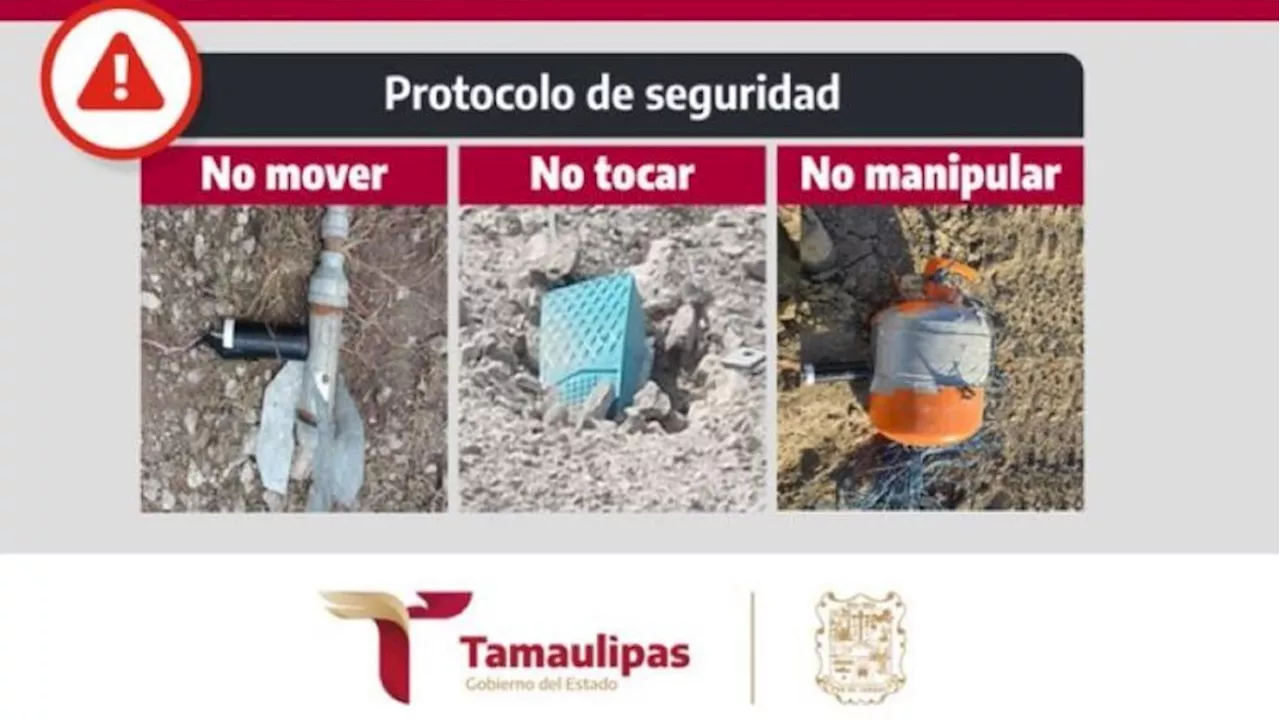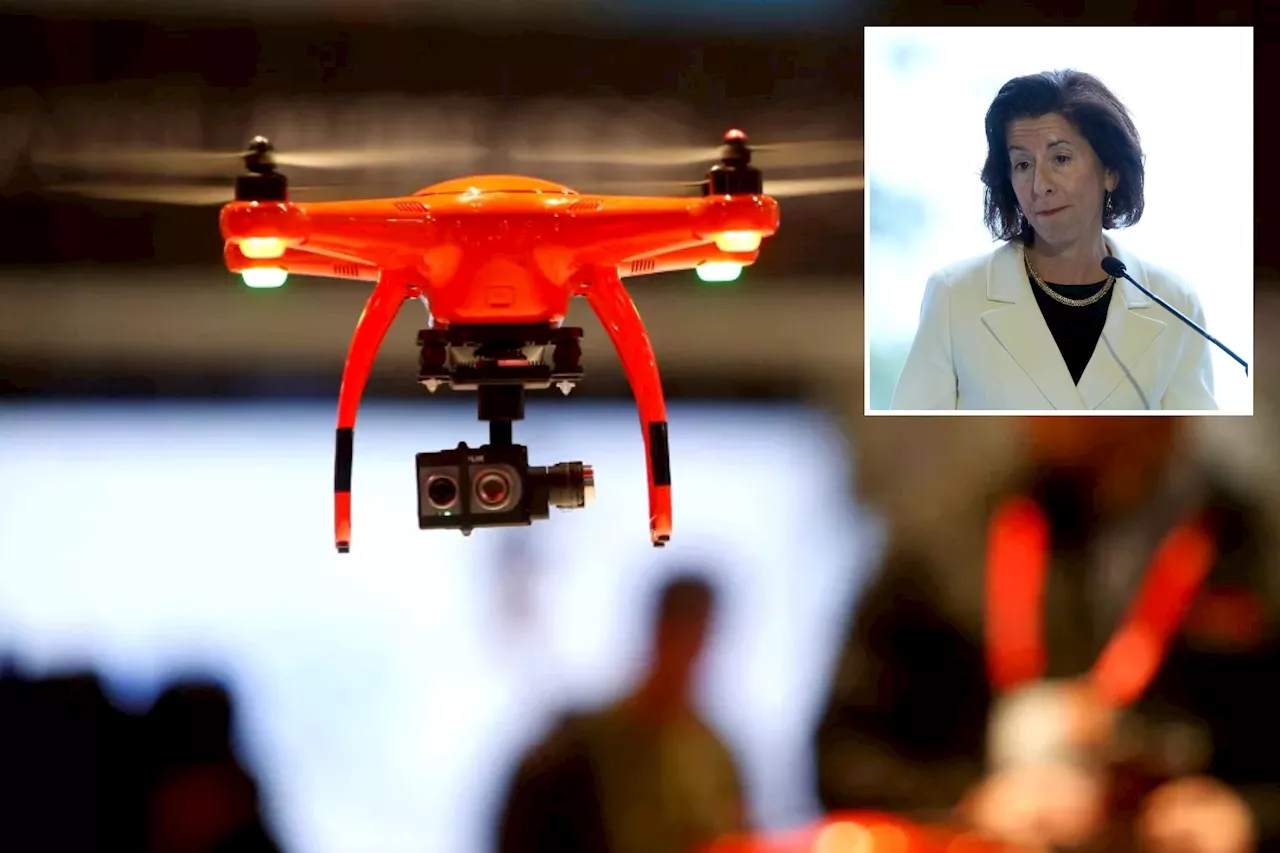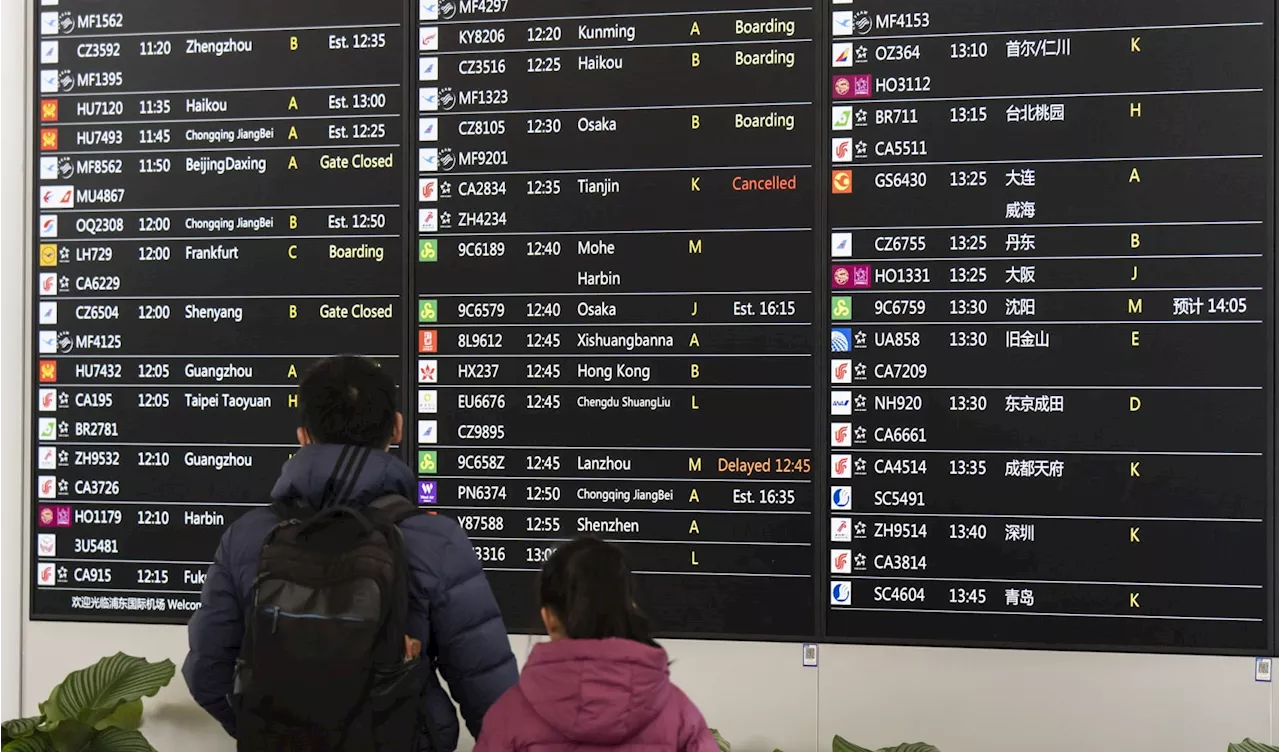Concerns over the recent kidnapping of Chinese actor Wang Xing in Thailand are causing Chinese travelers to cancel their planned trips to the country. This incident has also impacted travel bookings to Vietnam and Singapore. While Thailand officials are working to assure tourists of their safety, the incident has sparked a broader unease among Chinese travelers regarding safety in Southeast Asia.
Chinese travelers are canceling plans to visit Thailand during the Lunar New Year break, as concerns over the kidnapping of actor Wang Xing continue to reverberate through the country. Net booking volume for trips to Thailand fell 15.6% from Jan. 13 to Jan. 20, after news of the rescue of Wang from a scamming compound along the Thai-Myanmar border. Some Chinese travelers are also canceling trips to Vietnam and Singapore, which China Trading Desk CEO Subramania Bhatt called 'collateral damage.
' This decline in travel bookings to Thailand comes as a result of the recent kidnapping of Chinese actor Wang Xing, who was lured to Bangkok under false pretenses. His rescue from a scamming compound ignited fears among Chinese travelers about safety in Thailand and other Southeast Asian countries. The fallout from Wang's kidnapping is extending to other Southeast Asian destinations as well. Data from the aviation analytics company VariFlight shows that Chinese travelers have also canceled holiday trips to Vietnam, Singapore, Indonesia, and Malaysia, though to a lesser extent than Thailand. 'The biggest decline is in Thailand. The other Southeast Asian countries are, I would say, collateral damage,' said Bhatt. 'A lot of folks plan to travel around the region as a single trip … so some have canceled trips that originate from these countries too.'Despite the decline in travel to Thailand and other Southeast Asian nations, Chinese travelers are showing increased interest in other destinations for the Lunar New Year holiday. Bookings for trips to Australia (+4.8%), the United Arab Emirates (+4.7%), and South Korea (+3.9%) saw an increase during the same week in January. Thailand officials are attempting to reassure Chinese tourists that traveling to the country is safe. On the government's Facebook page last Wednesday, the prime minister attempted to quell anxieties by emphasizing the safety of Thailand. Days earlier, Chinese officials stated their willingness to collaborate with Southeast Asian nations to crack down on cross-border scamming operations. The reluctance of Chinese travelers to visit Southeast Asia may be benefiting other destinations. Yang Lei, an analyst at the Hong Kong-based financial services company China Galaxy International, believes that Chinese travelers are becoming more cautious about visiting Thailand and other Southeast Asian countries. She told CNBC's 'Squawk Box' on Monday that Japan and South Korea will continue to be popular destinations for outbound Chinese travelers. For this Chinese New Year, she also anticipates a strong interest in Australia, New Zealand, and the United States
Chinese Travelers Thailand Kidnapping Southeast Asia Lunar New Year Tourism Safety Concerns Wang Xing
United States Latest News, United States Headlines
Similar News:You can also read news stories similar to this one that we have collected from other news sources.
 Cartels Place Explosives Along US-Mexico Border, Raising Concerns for TravelersAuthorities have issued a warning for travelers crossing the US-Mexico border after cartel members reportedly placed explosives along roadways in Tamaulipas, Mexico. Residents were alerted to the threat with flyers showing images of the explosives and urging caution. The situation has raised concerns about the safety of daily commuters and travelers, particularly in light of President Trump's recent executive order designating drug cartels as foreign terrorist organizations.
Cartels Place Explosives Along US-Mexico Border, Raising Concerns for TravelersAuthorities have issued a warning for travelers crossing the US-Mexico border after cartel members reportedly placed explosives along roadways in Tamaulipas, Mexico. Residents were alerted to the threat with flyers showing images of the explosives and urging caution. The situation has raised concerns about the safety of daily commuters and travelers, particularly in light of President Trump's recent executive order designating drug cartels as foreign terrorist organizations.
Read more »
 US Considers Banning Chinese Drones Over National Security ConcernsThe U.S. Commerce Department is evaluating new regulations that could restrict or prohibit Chinese drones in the U.S. due to national security worries. The proposed rules aim to safeguard the drone supply chain from potential threats posed by China and Russia.
US Considers Banning Chinese Drones Over National Security ConcernsThe U.S. Commerce Department is evaluating new regulations that could restrict or prohibit Chinese drones in the U.S. due to national security worries. The proposed rules aim to safeguard the drone supply chain from potential threats posed by China and Russia.
Read more »
 Suspected Chinese Drone Recovered Off Philippines, Raising Security ConcernsA submarine drone, believed to be of Chinese origin, was discovered in Philippine waters, prompting warnings about potential national security risks. The drone, marked 'HY-119,' was found by fishermen and handed over to authorities. Officials suggest it could be used for monitoring and reconnaissance.
Suspected Chinese Drone Recovered Off Philippines, Raising Security ConcernsA submarine drone, believed to be of Chinese origin, was discovered in Philippine waters, prompting warnings about potential national security risks. The drone, marked 'HY-119,' was found by fishermen and handed over to authorities. Officials suggest it could be used for monitoring and reconnaissance.
Read more »
 US Considers Drone Restrictions on Chinese Companies Over Security ConcernsThe US Commerce Department is exploring new rules that could limit or ban Chinese drones due to national security risks. Concerns stem from the potential for adversaries to remotely access and manipulate these devices, exposing sensitive US data. Public comment is being sought on the proposed restrictions.
US Considers Drone Restrictions on Chinese Companies Over Security ConcernsThe US Commerce Department is exploring new rules that could limit or ban Chinese drones due to national security risks. Concerns stem from the potential for adversaries to remotely access and manipulate these devices, exposing sensitive US data. Public comment is being sought on the proposed restrictions.
Read more »
 Chinese Hack of U.S. Treasury Sparks Security ConcernsA cybersecurity breach at the U.S. Treasury Department in December 2024, potentially linked to a Chinese state-sponsored group, has raised alarm bells about the vulnerability of critical infrastructure.
Chinese Hack of U.S. Treasury Sparks Security ConcernsA cybersecurity breach at the U.S. Treasury Department in December 2024, potentially linked to a Chinese state-sponsored group, has raised alarm bells about the vulnerability of critical infrastructure.
Read more »
 Chinese Hack of U.S. Treasury Raises Global Security ConcernsThe U.S. Department of the Treasury suffered a cybersecurity breach in early December 2024, allegedly perpetrated by a Chinese state-sponsored Advanced Persistent Threat (APT) actor. The breach, which China denies involvement in, allowed attackers to access certain unclassified documents through a vulnerability in a third-party service provider. While the extent of the damage remains unclear, the incident has heightened tensions between the U.S. and China and underscores the growing threat of cyber warfare.
Chinese Hack of U.S. Treasury Raises Global Security ConcernsThe U.S. Department of the Treasury suffered a cybersecurity breach in early December 2024, allegedly perpetrated by a Chinese state-sponsored Advanced Persistent Threat (APT) actor. The breach, which China denies involvement in, allowed attackers to access certain unclassified documents through a vulnerability in a third-party service provider. While the extent of the damage remains unclear, the incident has heightened tensions between the U.S. and China and underscores the growing threat of cyber warfare.
Read more »
